Ethnic and Religious Nationalism: A Historical Study of Ethnic Conflict in Myanmar
Min Thang
Abstract
Since its early Independence, Myanmar has faced civil war, ethnic conflict, and religious conflict for many decades. Though attempts have been made to resolve such conflicts
from the beginning through political dialogue it has failed one after another. Therefore, the popular picture of ethnic resolution in Myanmar has concentrated on
authoritarian rule and the issue of political, federalism, and engaged less attention to the issue of religious conflicts. The article examines the historically rooted conflict between
the Myanmar government and ethnic minorities with reference to the case of majority Buddhists and Muslim minority groups. According to the 2014 census Buddhism is a major
population of 87.9%, second, followed by Christianity 6.7% and third followed by Islam 4.3% in Myanmar. Since the independence of Myanmar ethnic and religious minorities are
discriminated against and assimilated by Bamar ethnic and Buddhist religion in various ways. Therefore, it is also observed that the ethnic and religious minorities have been assimilated into the religion, culture, language and ethnicity of the Bamar and Buddhism. Buddhism has provided Burmese Buddhists with a strengthened source of their identity. Burmese Buddhists used to say, “to be Bamar is to be Buddhist”. The article argues the historical development of Buddhist nationalism and cultural authorization on political discourse by the state. And also how leaders of Myanmar nationalized Buddhism as national religion since 1947, 1974 and 2008 constitution from U Nu leadership to U Thein Sein. However, Myanmar is a land of religious pluralism. In this, pluralistic society its need for cooperation, collaboration, dialogue among the different ethnic and religious groups are essential for national reconciliation and for the success of peace and democracy in the Union of Myanmar today. Burmese Buddhist nationalists in Myanmar have seen Islam and Christianity as foreign religions and suspect Islam and Christians are disloyal to the country and are more faithful to the West. Therefore, ethnic minority and religious conflicts remain a challenge to national peace and stability in Myanmar.
>>>Should readers inquire about the full article, please contact us at mycveguide@gmail.com OR email directly to the author

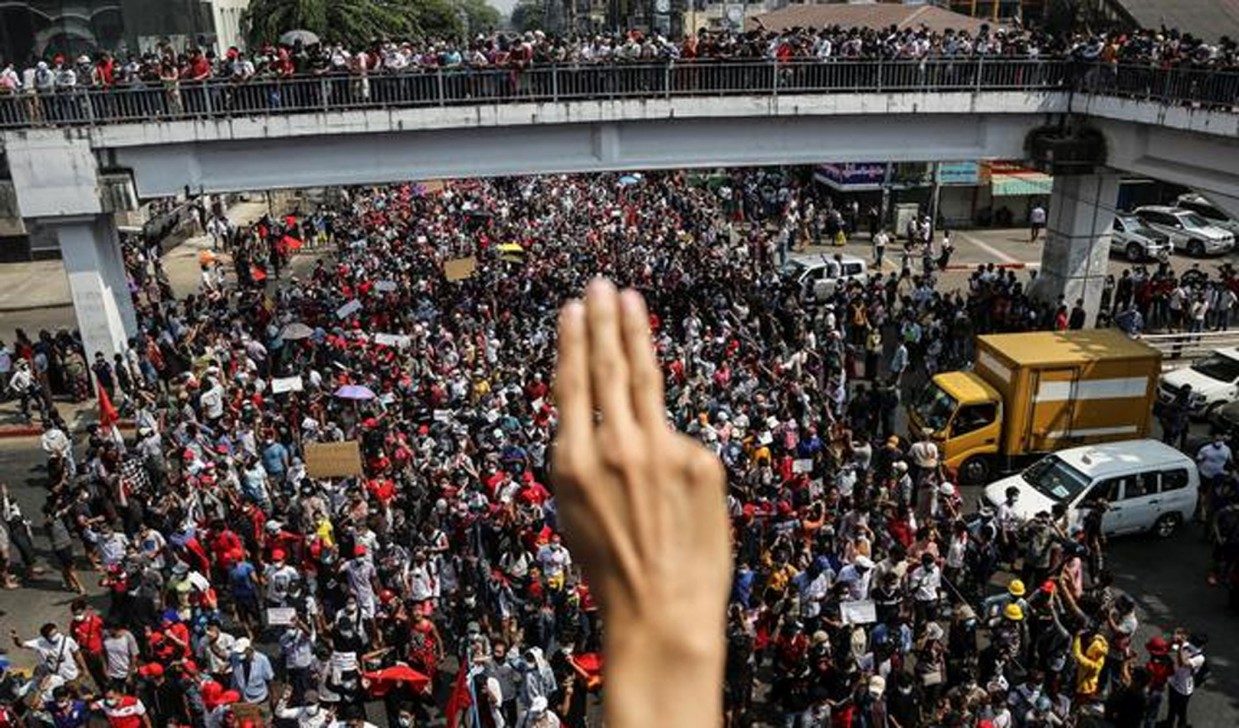



 Users Today : 0
Users Today : 0 Total views : 9979
Total views : 9979
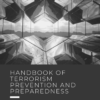

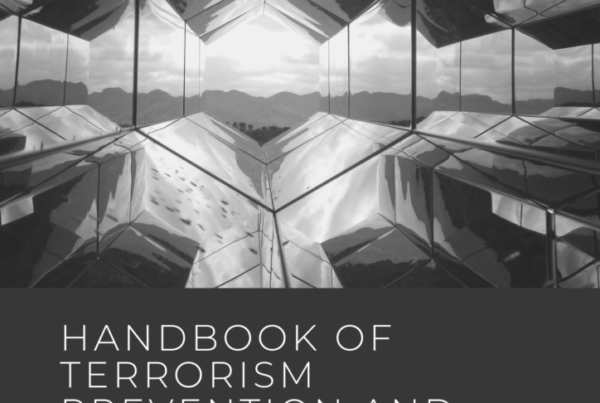
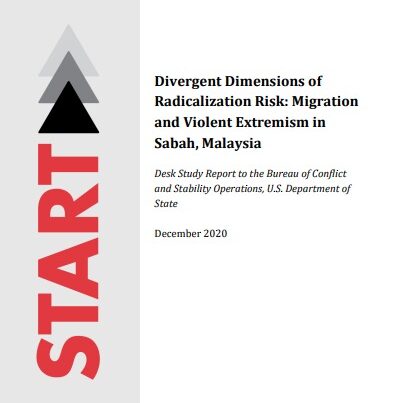
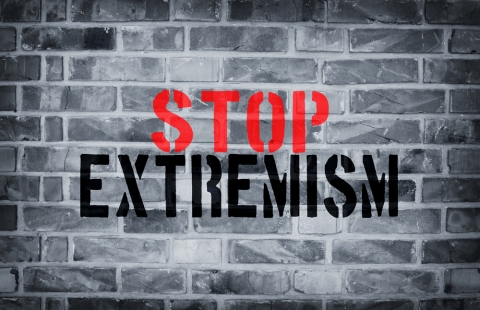
Recent Comments